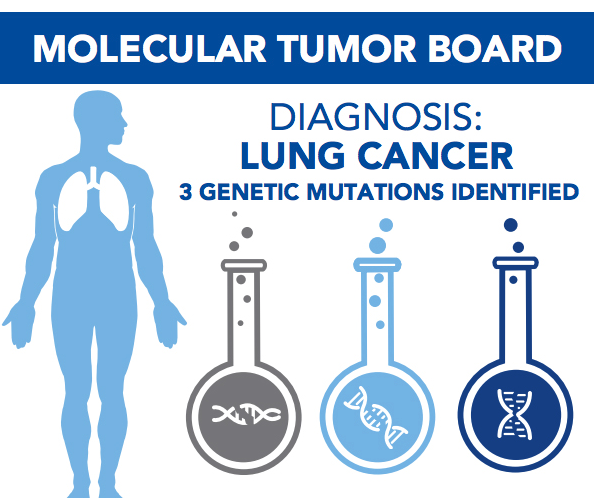Biography
Jens Rueter is the Medical Director for the Maine Cancer Genomics Initiative at The Jackson Laboratory (JAX) and the Associate Director for Regional Translational Partnerships at the JAX Cancer Center. He joined JAX for these positions in August 2016. He has overseen the implementation of a unique precision medicine program that has enrolled physicians and patients statewide across multiple healthcare systems and established statewide genomic tumor boards. The MCGI team is working with several national precision oncology leaders with the goal of individualizing cancer treatments for individual patients and improving their outcomes. Previously, Dr. Rueter was a hematologist/oncologist at EMMC Cancer Care and the Medical Director for EMMC Biobank and translational research in Brewer, Maine. After graduating from medical school in Berlin, Germany, Rueter completed his residency in internal medicine at Tulane University and fellowship training in hematology/oncology at the University of Pennsylvania.
Session Abstract – PMWC 2020 Silicon Valley
The Molecular Tumor Board (MTB) was mostly established to facilitate the incorporation of molecular diagnostics into the consideration of appropriate therapies for patients with late stage cancer. Initially, much of the deliberation was focused on understanding the results of such testing, as reporting of results was limited in scope and frequently understandable only to cutting edge experts in the field. Improved, but still not perfect, reporting now exists, so discussion has shifted to prognostic and therapeutic considerations. That said, the collective experience with rare mutations and off label therapies is still such that collective wisdom is necessary. This brings up the issue of how MTBs collect, share, and preserve data within a specific MTB, and perhaps more importantly, how it might be shared amongst MTBs and beyond. While initial activity related to MTBs resided almost exclusively in large academic, and select community, medical centers, there is now significant effort in the commercial setting as well, with a number of intriguing efforts presently underway. Important and evolving issues, such as defining which patients are most likely to benefit from the efforts of a MTB, Virtual MTBs, and the generation of Real World Evidence, will be discussed.









